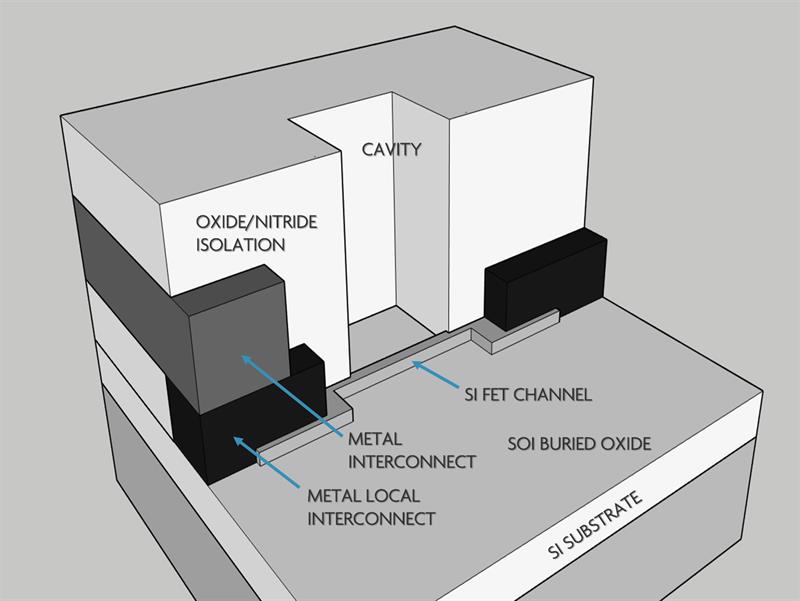Achieving ultra-small dimensions (13nm fin width and 50nm gate length), and fabricated with a CMOS-compatible process flow in imec’s 300mm cleanroom, imec said it saw volume manufacturing and integration into high-throughput, cost-effective detection tools, with 10,000s of these ‘BioFETs’ working in parallel. With a demonstrated detection limit of tens of molecules, imec said that it was ultimately targeting highly accurate BioFETs capable of sensing single DNA molecules.
Due to its high integration and low-cost potential, field-effect transistors (FETs) have gained a lot of interest for biosensing applications such as DNA, protein, and virus detection or pH sensing.
When biomolecules bind to the chemically modified dielectric surface of the gate, its threshold voltage changes, resulting in a measurable signal. However, despite research progress in this field, BioFET devices have yet to deliver all their potential into successful products. Imec has explored how an advanced generation of CMOS FET devices, so called finFETs with three-dimensional short length gates can improve the sensitivity of BioFETs and open up new applications. These finFETS have advantages in view of high integration and parallelization but very little was understood about their potential as a BioFET.
With its bio finFET devices with lengths down to 50 nanometers, imec has bee able to demonstrate a robust signal for DNA hybridization and the detection of tens of DNA molecules on the surface of nanoscale finFETs.

Based on experiments and simulation, imec is predicting single-molecule detection with a signal to noise ratio (SNR) > 5 as possible with sub-70 nm finFETs.
“By virtue of our insatiable hunger for ever faster computation and data access, the semiconductor industry has gotten to a point where we can now integrate a very large number of nanoscale devices into incredibly complex systems and this on just a few square millimetres of silicon using mass manufacturing approaches that achieve nearly atomic precision,” explained Peter Peumans, CTO Health technologies at imec.
“We are leveraging these capabilities not only to build better computers or communication devices, but to enable chip-based tools for the life sciences that are game-changing in their ability to reveal details about biology that were hitherto inaccessible.”













